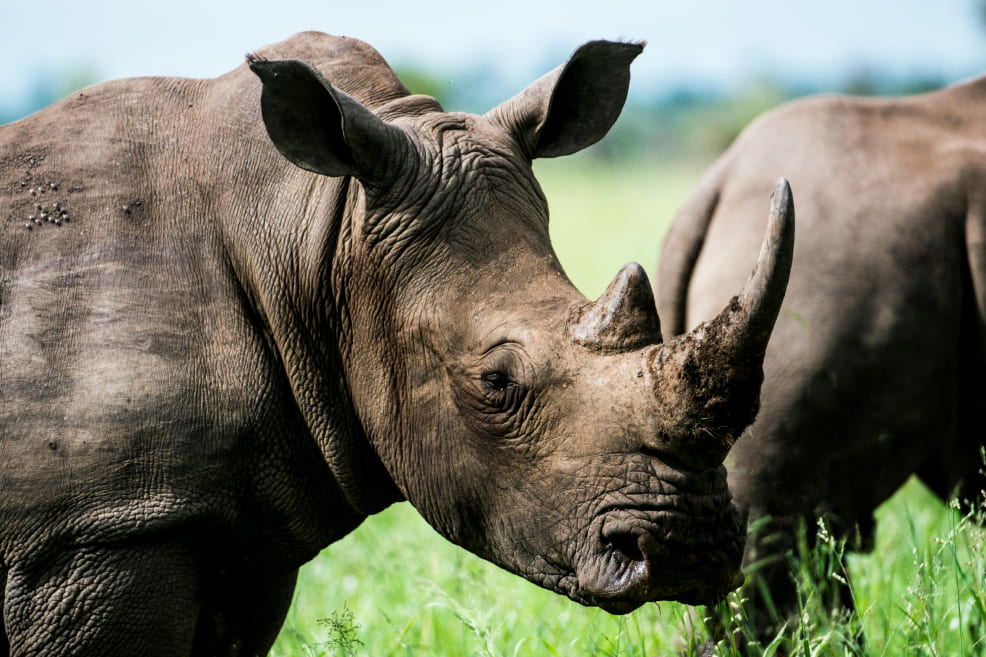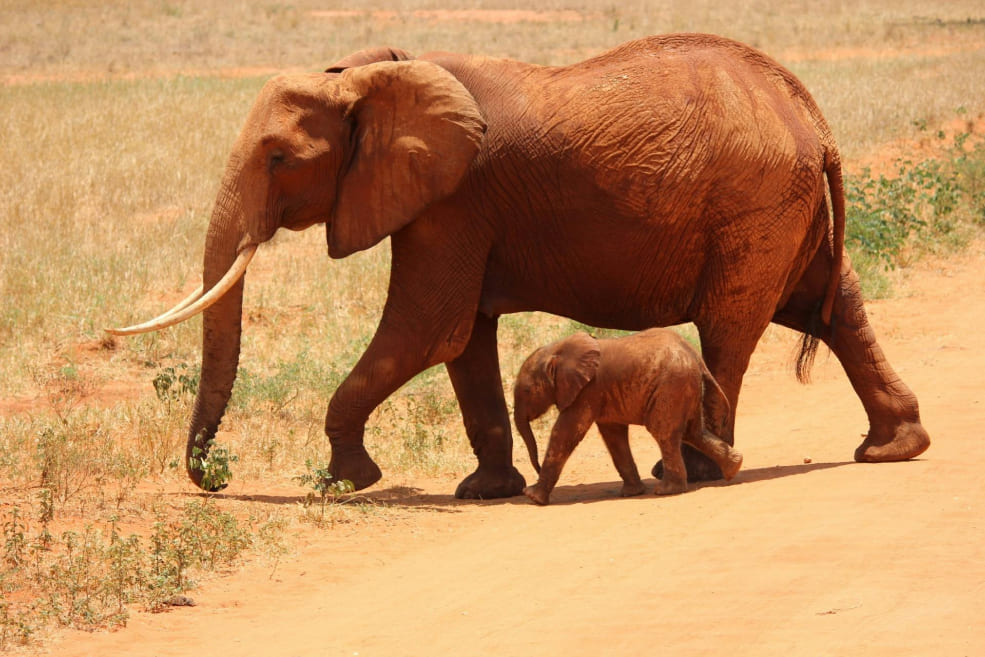Join Upcoming Events

The Urgency of Wildlife Conservation in the 21st Century
In the 21st century, wildlife conservation has become more critical than ever. As human activity continues to reshape the planet, the survival of many animal species is hanging by a thread. From deforestation to climate change, the threats to wildlife are numerous, and the loss of biodiversity has far-reaching consequences for ecosystems, economies, and human health. This article explores the reasons behind the urgent need for conservation and what can be done to protect the planet's precious wildlife.
Habitat loss is the single most significant threat to wildlife today. As forests are cleared for agriculture, urban development, and resource extraction, animals are losing their homes at an alarming rate. Tropical rainforests, which are home to over half of the world’s species, are particularly at risk. Deforestation not only forces animals to relocate but also fragments habitats, making it difficult for species to reproduce and maintain healthy populations.

The Role of Endangered Species in Ecosystem Health
Endangered species play a critical role in maintaining the health and balance of ecosystems. When species go extinct, the consequences ripple throughout the environment, affecting other animals, plants, and even humans. This article delves into the importance of preserving endangered species and how their survival is linked to the overall well-being of ecosystems around the world.
Some endangered species are known as "keystone species," meaning they have a disproportionate effect on their environment relative to their population size. Keystone species often shape the ecosystems they inhabit, and their loss can cause significant disruptions. For example, wolves in Yellowstone National Park act as keystone predators, controlling the populations of herbivores such as elk. When wolves were reintroduced to the park, the ecosystem began to recover, leading to an increase in plant growth and a resurgence of other wildlife species.